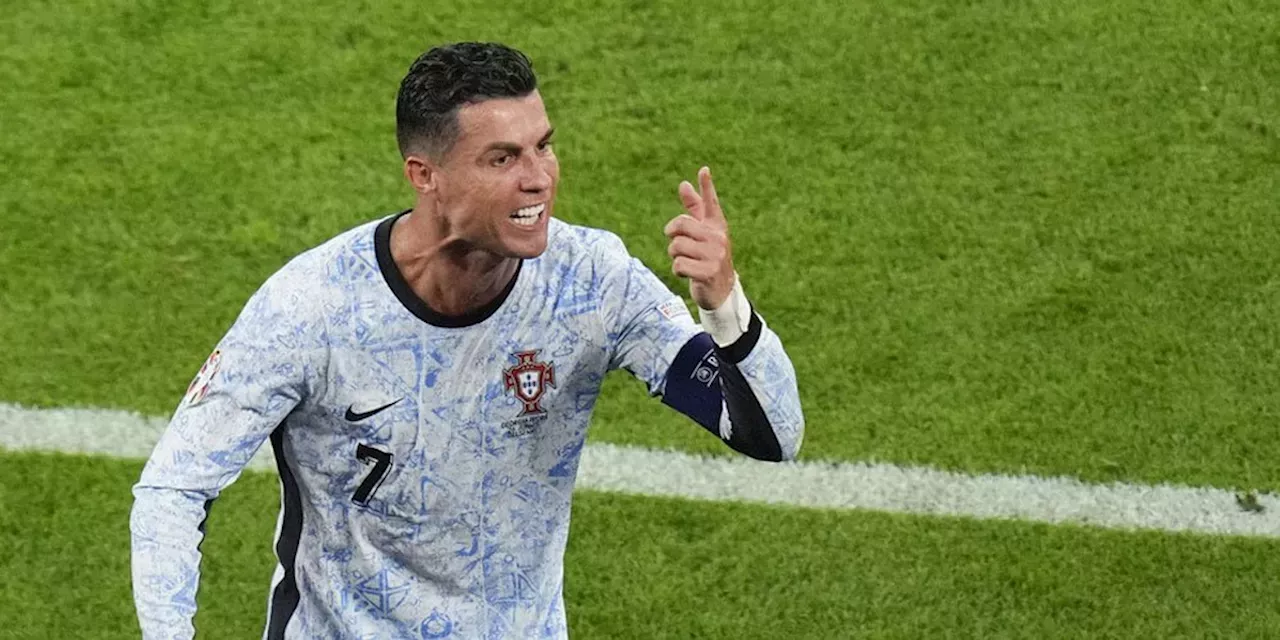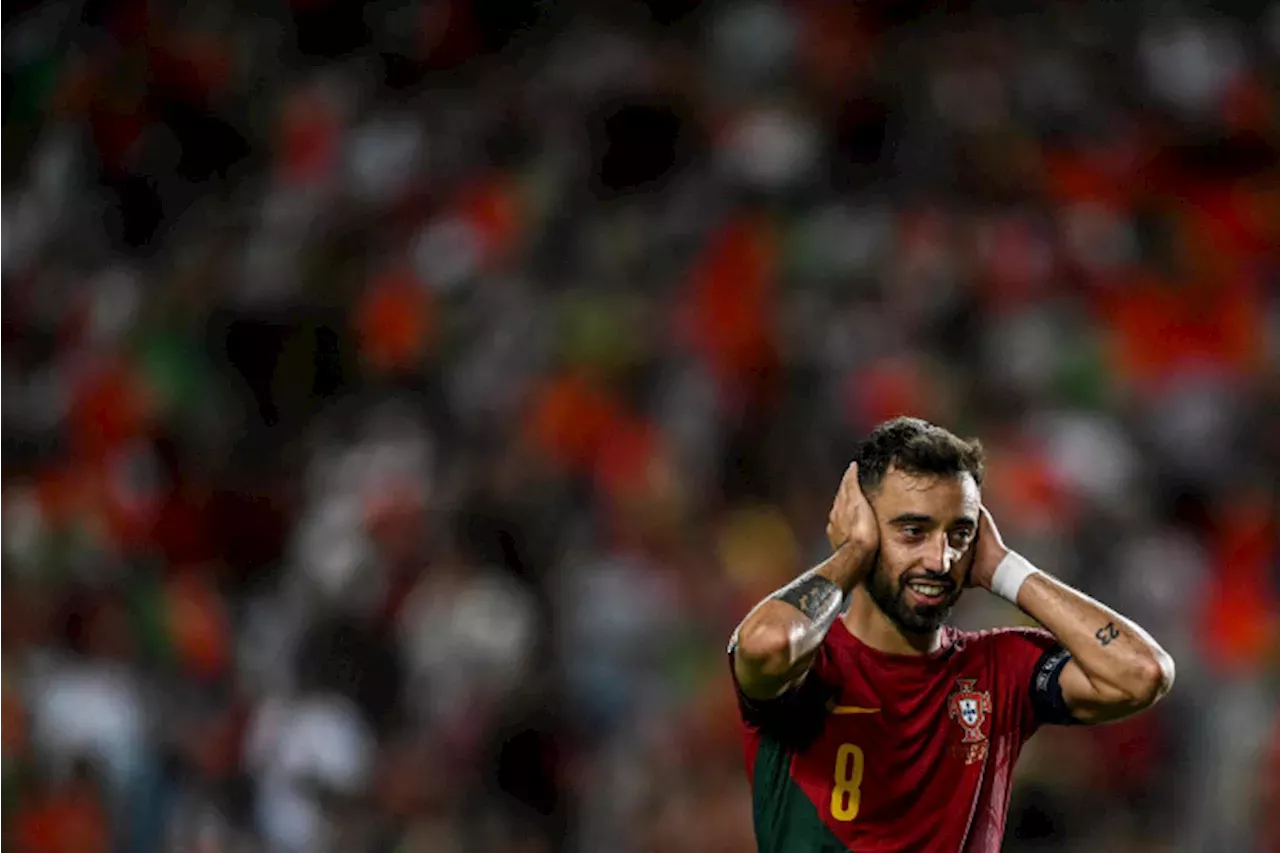History and Background: Portugal Vs Slovenia

Portugal vs slovenia – Portugal and Slovenia established diplomatic relations in 1992, following Slovenia’s independence from Yugoslavia. Since then, the two countries have enjoyed cordial and cooperative relations.
In the pulsating clash between Portugal and Slovenia, the tempo soared as the teams traded blows like rhythmic gymnasts. The agility and finesse on display reminded me of the remarkable height of Suni Lee , the American gymnast who soared to Olympic glory.
Her unwavering determination and graceful execution echoed the spirit of both Portugal and Slovenia, as they battled for supremacy on the field.
Key milestones in the bilateral relationship include:
- 1995: Signing of a bilateral agreement on economic, industrial, and technical cooperation.
- 1997: Establishment of a joint economic commission.
- 2004: Slovenia’s accession to the European Union.
- 2010: Visit of Portuguese Prime Minister José Sócrates to Slovenia.
Economic Cooperation
Portugal and Slovenia have a modest level of economic cooperation. Bilateral trade has been growing steadily in recent years, reaching €200 million in 2022. The main Portuguese exports to Slovenia are textiles, machinery, and chemicals, while Slovenia primarily exports machinery, electrical equipment, and pharmaceuticals to Portugal.
As the battle between Portugal and Slovenia raged on, their intense rivalry found an unexpected echo in the distant halls of a gymnasium. The men’s gymnastics olympic trials here showcased the same determination and athleticism that defined the football match.
And as the dust settled on both arenas, the spirit of competition lingered, a testament to the enduring power of human rivalry.
Political Cooperation
Portugal and Slovenia share similar views on a range of international issues, including the importance of multilateralism, the promotion of human rights, and the strengthening of the European Union. The two countries have also worked together on issues related to the Western Balkans and the Mediterranean region.
Cultural Cooperation
There is a growing interest in Portuguese culture in Slovenia, and vice versa. There have been several cultural exchanges between the two countries, including art exhibitions, film screenings, and music concerts.
Economic Cooperation and Trade

Portugal and Slovenia have fostered a robust economic relationship characterized by growing trade volumes, substantial investment, and thriving joint ventures. This collaboration has significantly contributed to the economic growth and development of both countries.
Key Industries and Sectors of Cooperation
Key sectors of economic cooperation between Portugal and Slovenia include:
- Tourism: Portugal and Slovenia share a rich cultural heritage and offer unique tourist destinations. The tourism industry is a major contributor to both economies.
- Automotive: Portugal is home to a significant automotive industry, with several major manufacturers having production facilities in the country. Slovenia also has a strong automotive industry, particularly in the production of components.
- Renewable Energy: Portugal and Slovenia are both committed to promoting sustainable energy sources. They collaborate in the development and deployment of renewable energy technologies, such as solar and wind power.
Cultural and Social Ties
Portugal and Slovenia, despite their geographical distance, share a rich tapestry of cultural and social connections. These ties manifest in various aspects of their societies, including language, traditions, customs, cultural exchanges, and educational partnerships.
Language
While Portuguese and Slovene belong to different language families (Romance and Slavic, respectively), they exhibit intriguing similarities in vocabulary and grammar. For instance, both languages have a definite article that precedes nouns and share words like “casa” (house) and “igreja” (church). These linguistic parallels have facilitated communication and fostered cultural understanding between the two nations.
Traditions and Customs
Portuguese and Slovenian traditions and customs bear witness to their shared Mediterranean and Central European heritage. Both countries celebrate festivals such as Christmas, Easter, and Carnival, albeit with unique local variations. Traditional music and dance play a vital role in their cultural identities, with Portugal’s fado and Slovenia’s polka gaining international recognition.
Cultural Exchanges and Artistic Collaborations
Cultural exchanges between Portugal and Slovenia have flourished in recent decades. Art exhibitions, film screenings, and literary events showcase the vibrant artistic expressions of both nations. Collaborative projects between musicians, painters, and writers have fostered cross-cultural fertilization and enriched their respective art scenes.
Educational Partnerships, Portugal vs slovenia
Educational partnerships play a crucial role in strengthening the cultural and social ties between Portugal and Slovenia. Student exchange programs, joint research initiatives, and academic collaborations provide opportunities for young people from both countries to interact, learn from each other, and build lasting relationships. These partnerships contribute to mutual understanding and foster a sense of shared European identity.
Cultural Diplomacy
Cultural diplomacy has been instrumental in promoting and deepening the bilateral relationship between Portugal and Slovenia. Through cultural initiatives, the two countries have showcased their cultural heritage, fostered intercultural dialogue, and created a positive image of themselves on the international stage. Cultural diplomacy has played a vital role in building bridges of friendship and cooperation between the two nations.